In order for the revised law with many new and important contents to truly enter social life, be accepted and implemented by the people, the Ministry of Natural Resources and Environment is urgently completing the Draft Implementation Plan with communication activities, training and building documents under the Law... TN&MT Newspaper reporter had an interview with Mr. Ngo Manh Ha - Deputy Director of the Department of Water Resources Management about this issue.

PV: From the perspective of a policy-making agency, as a member participating in the drafting of the Law, in your opinion, what are the new points of the 2023 Law on Water Resources that bring about fundamental changes in the management and use of water resources?
Mr. Ngo Manh Ha: The 2023 Law on Water Resources, consisting of 10 chapters and 86 articles, has institutionalized the Party and State's new viewpoints, guidelines and policies on water resources management and protection through four important policy groups on ensuring water security; Socialization of the water sector; Water resources economics and Protection of water resources, prevention and control of harmful effects caused by water.
One of the core principles of the Law is that water resources must be managed in a comprehensive and unified manner in terms of quantity and quality, between surface water and groundwater, between upstream and downstream; clearly assign and decentralize the responsibility for state management of water resources and water sources with the responsibility for state management of planning, construction, and operation of irrigation works, hydroelectricity, urban water supply, and rural water supply; resolve overlaps, conflicts, and loopholes in laws to improve the effectiveness and efficiency of state management of water resources, ensuring national water resources security.
The law is built in the direction of regulating all contents on management, protection, exploitation, use of water resources, prevention and control of harmful effects caused by water. At the same time, it clearly stipulates what is managed, how to manage and who manages. Accordingly, it specifically stipulates the responsibilities of the Ministry of Natural Resources and Environment, the Ministry of Agriculture and Rural Development, the Ministry of Industry and Trade, the Ministry of Construction, the Ministry of Transport, the Ministry of Health, the Ministry of Finance... in accordance with the functions and tasks assigned in the laws related to water resources to ensure consistency, unity, and improve the effectiveness and efficiency in water resources management.
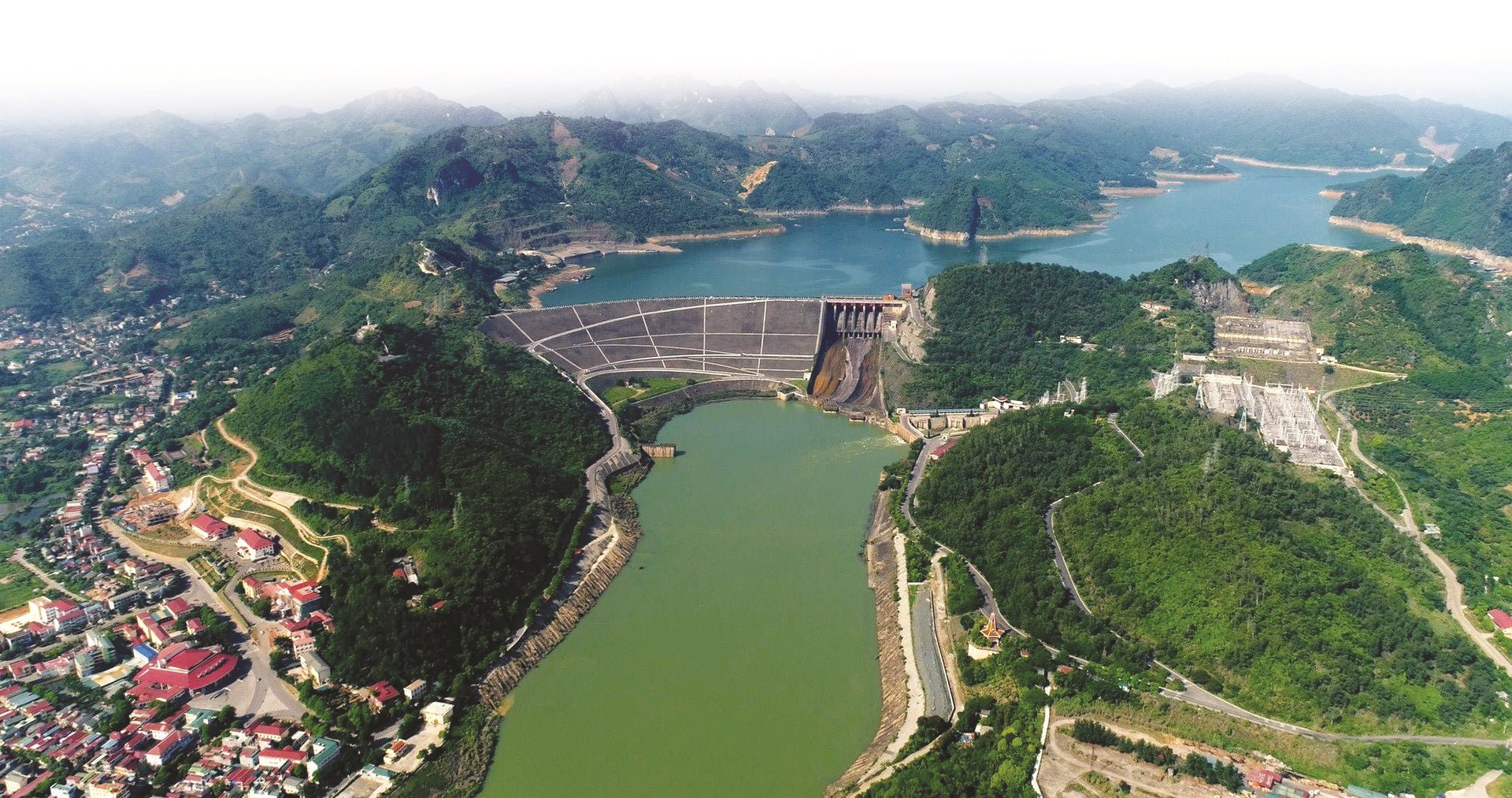
In particular, the Law aims to manage national water resources on a digital technology platform through the National Water Resources Information System, database, and decision support tool system. This is one of the highlights of the 2023 Law on Water Resources. The digital technology platform will be promoted to support management agencies in the process of deciding on the regulation and distribution of water resources, operating reservoirs and inter-reservoirs, minimizing the damage caused by water, especially when drought and water shortage occur in river basins. At the same time, it reduces human resources, operating and management costs. This is also what I am most satisfied with from the process of amending the Law until the Law was passed.
Reporter: Sir, in the context of Vietnam's water resources being assessed as "too abundant, too lacking, too dirty" at present, what provisions does the 2023 Water Resources Law have that are considered the "key" to fundamentally solving current water security challenges in Vietnam, especially in large cities?
Mr. Ngo Manh Ha : The issue of ensuring national water security is the guiding principle in the process of building until the National Assembly passes the Law on Water Resources. Policies related to water security are expressed throughout the chapters and articles of the Law, aiming to ensure the quantity and quality of water for people's lives in all situations, meeting the water use needs for socio-economic development, national defense, security, environment and minimizing risks and harms from human-caused and natural disasters related to water.
In addition, the issue of ensuring water security for daily life is given special attention. The Law on Water Resources 2023 has added provisions in Article 26, which stipulates the control of activities that risk polluting domestic water sources. At the same time, there are preferential policies for investment projects in exploiting water for daily life and production for people in areas with scarce fresh water, ethnic minority areas, mountainous areas, border areas, islands, areas with difficult and especially difficult socio-economic conditions; creating conditions for access to domestic water for the poor, women, children, people with disabilities and other vulnerable groups.
PV: Given the reality in localities, when many rivers have dried up or turned black due to polluting discharge activities, becoming dead rivers, may I ask, what are the new regulations in the 2023 Law on Water Resources requiring local responsibilities in restoring the environment for these rivers, sir?
Mr. Ngo Manh Ha: To have a specific legal corridor, the Law on Water Resources 2023 has added many regulations and policies related to river restoration and to ensure scientific and feasible nature, it has clearly stipulated the financial mechanism and policies for water resource restoration activities to have a basis for mobilizing and allocating resources to restore degraded, depleted, and polluted water resources.
According to the Law, based on the approved water resources planning, the level and scope of degradation, depletion and pollution of water sources in river basins, and requirements for exploitation, use and protection of water sources, the Ministry of Natural Resources and Environment shall preside over and coordinate with relevant ministries, ministerial-level agencies and provincial People's Committees to organize the compilation of a list of degraded, depleted and polluted water sources that need to be restored; develop plans, programs and projects to restore degraded, depleted and polluted water sources and submit them to the Prime Minister for approval.
At the same time, when investing in dam and reservoir construction projects on rivers in the list of water sources in need of restoration, it is necessary to seek opinions from the Ministry of Natural Resources and Environment and the river basin organization where the project is implemented on the content of water source restoration before the competent authority approves the investment policy or decides to invest in the project.
PV: After the Law on Water Resources 2023 is passed, as a state management agency, what plans does the Department of Water Resources Management have to prepare for the implementation of policies and legal regulations so that the Law can truly come into life?
Mr. Ngo Manh Ha: To ensure that when the Law on Water Resources comes into effect and comes into life, in the past time, we have focused resources on developing Decrees and Circulars guiding the implementation of the Law. Up to now, we are basically rushing to complete the development of a draft Decree providing detailed guidance on the implementation of the 2023 Law on Water Resources and a draft Decree regulating the order and procedures for declaration, registration, licensing of water resources exploitation and collection of fees for granting water resources exploitation rights.
In addition to developing documents guiding the implementation of the Law, we have also planned to coordinate with localities to organize propaganda, dissemination, guidance, and widespread dissemination of new points and new regulations of the Law to contribute to raising legal awareness of organizations and individuals, enhancing the effectiveness and efficiency of state management.
Along with that, in the coming time, we will focus on developing a national water resources database information system. This is the basic foundation to help managers and policy makers at localities, on that basis, have sufficient information to make decisions on regulating the distribution of water resources in river basins.
In addition, to effectively implement the policy in the Law in the context of Vietnam's limited resources, regarding the issue of implementation, we also have a policy to mobilize social resources to participate in the work of protecting, exploiting, using and preventing harmful effects caused by water. We hope that with the synchronous and flexible mobilization of State and private resources, Vietnam's water resource issues in the coming time will be handled better and better.
PV: Thank you very much!
Source


![[Photo] General Secretary To Lam receives French Ambassador to Vietnam Olivier Brochet](https://vstatic.vietnam.vn/vietnam/resource/IMAGE/2025/4/17/49224f0f12e84b66a73b17eb251f7278)
![[Photo] Promoting friendship, solidarity and cooperation between the armies and people of the two countries](https://vstatic.vietnam.vn/vietnam/resource/IMAGE/2025/4/17/0c4d087864f14092aed77252590b6bae)
![[Photo] National Assembly Chairman Tran Thanh Man meets with outstanding workers in the oil and gas industry](https://vstatic.vietnam.vn/vietnam/resource/IMAGE/2025/4/17/1d0de4026b75434ab34279624db7ee4a)

![[Photo] Closing of the 4th Summit of the Partnership for Green Growth and the Global Goals](https://vstatic.vietnam.vn/vietnam/resource/IMAGE/2025/4/17/c0a0df9852c84e58be0a8b939189c85a)
![[Photo] Nhan Dan Newspaper announces the project "Love Vietnam so much"](https://vstatic.vietnam.vn/vietnam/resource/IMAGE/2025/4/17/362f882012d3432783fc92fab1b3e980)




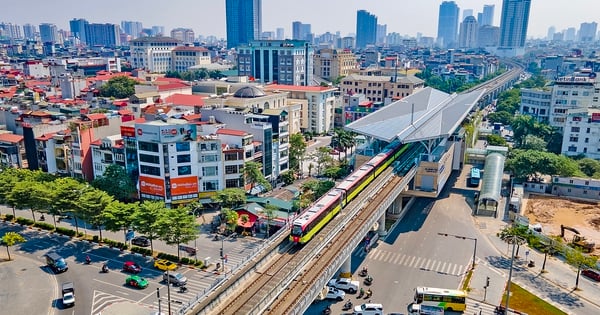


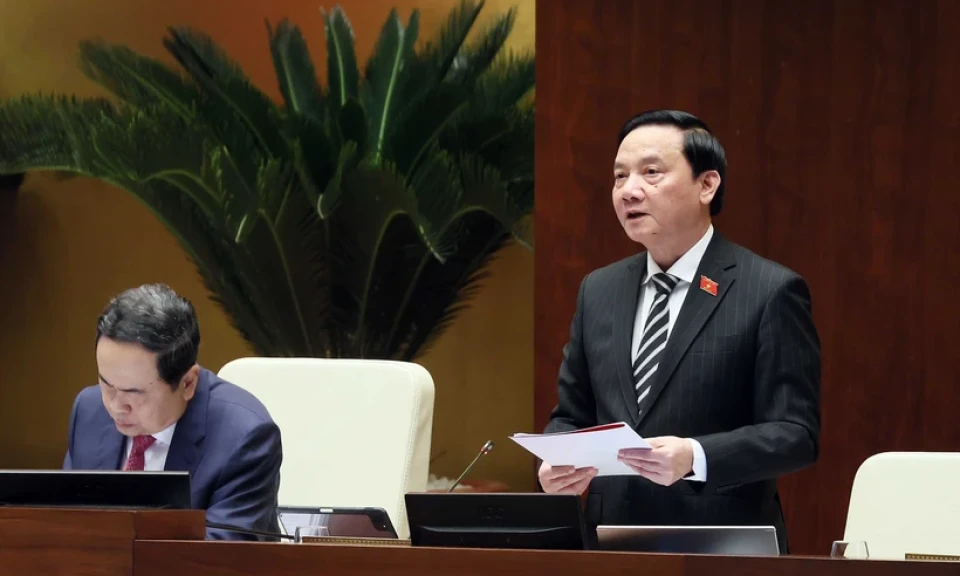


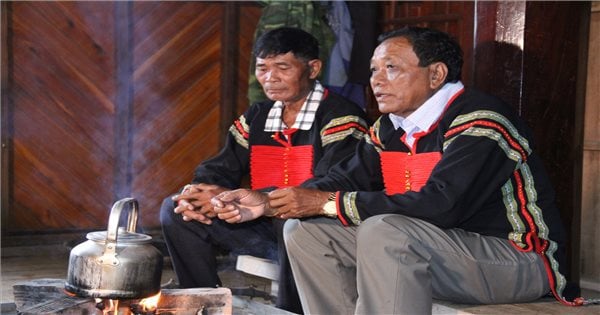
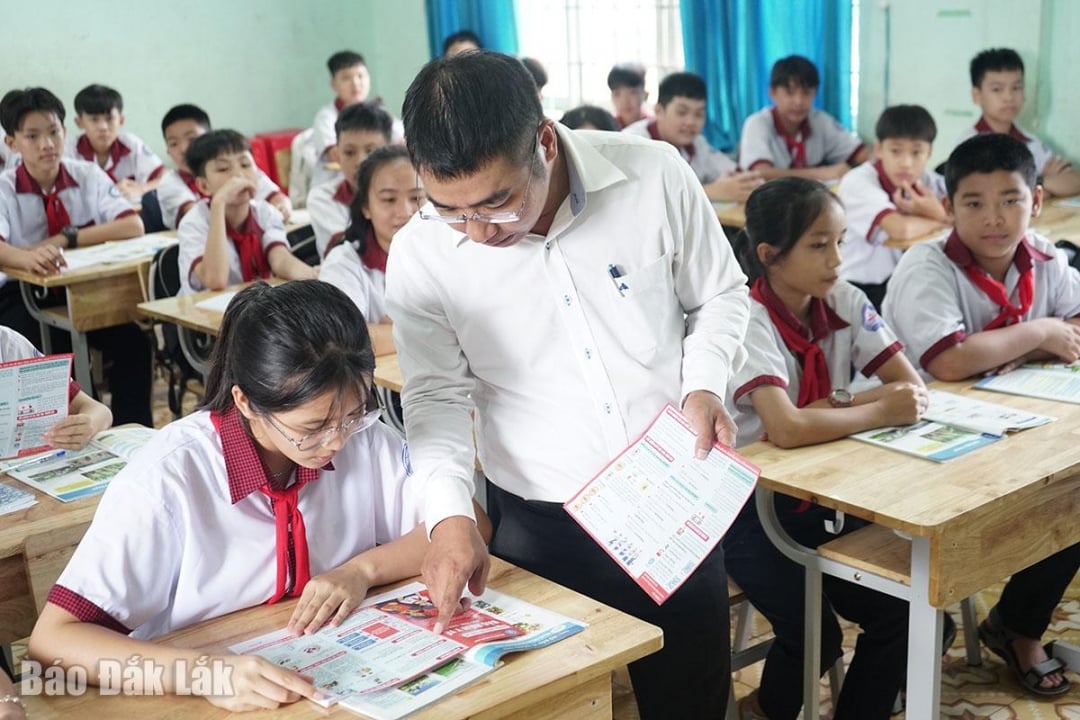













![[Photo] Welcoming ceremony for Chinese Defense Minister and delegation for friendship exchange](https://vstatic.vietnam.vn/vietnam/resource/IMAGE/2025/4/17/fadd533046594e5cacbb28de4c4d5655)




























![[Video] Viettel officially puts into operation the largest submarine optical cable line in Vietnam](https://vstatic.vietnam.vn/vietnam/resource/IMAGE/2025/4/17/f19008c6010c4a538cc422cb791ca0a1)
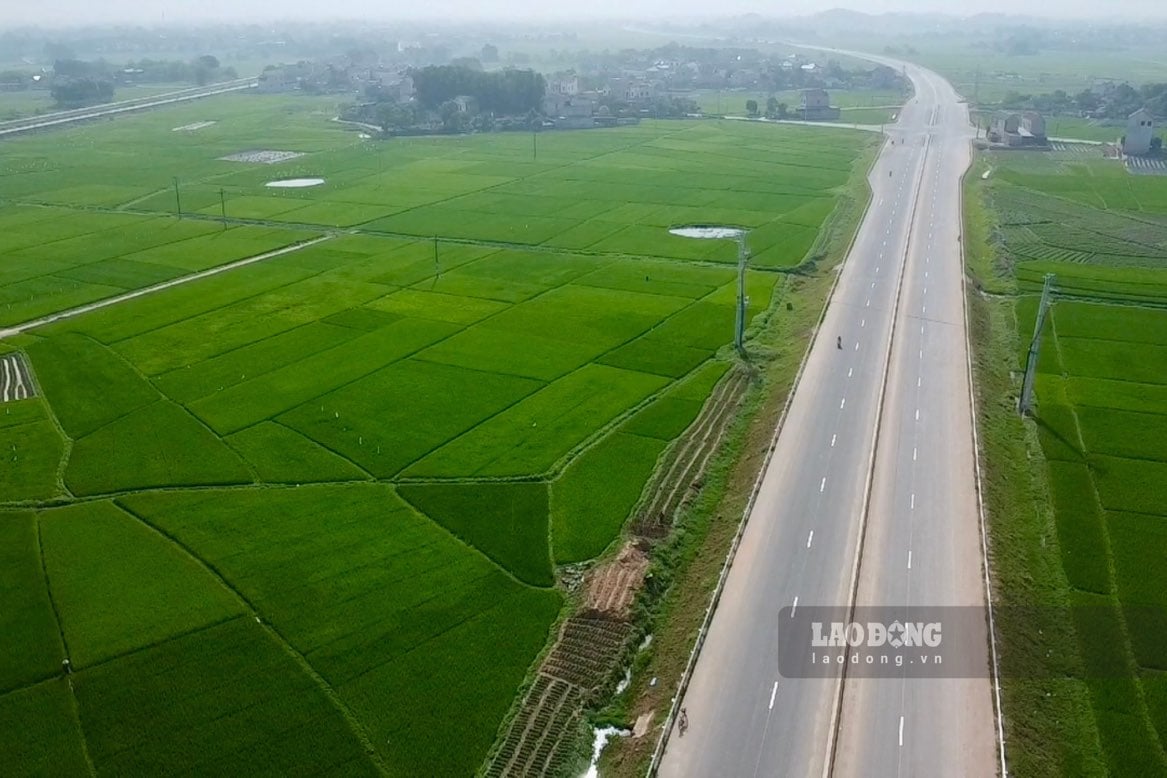

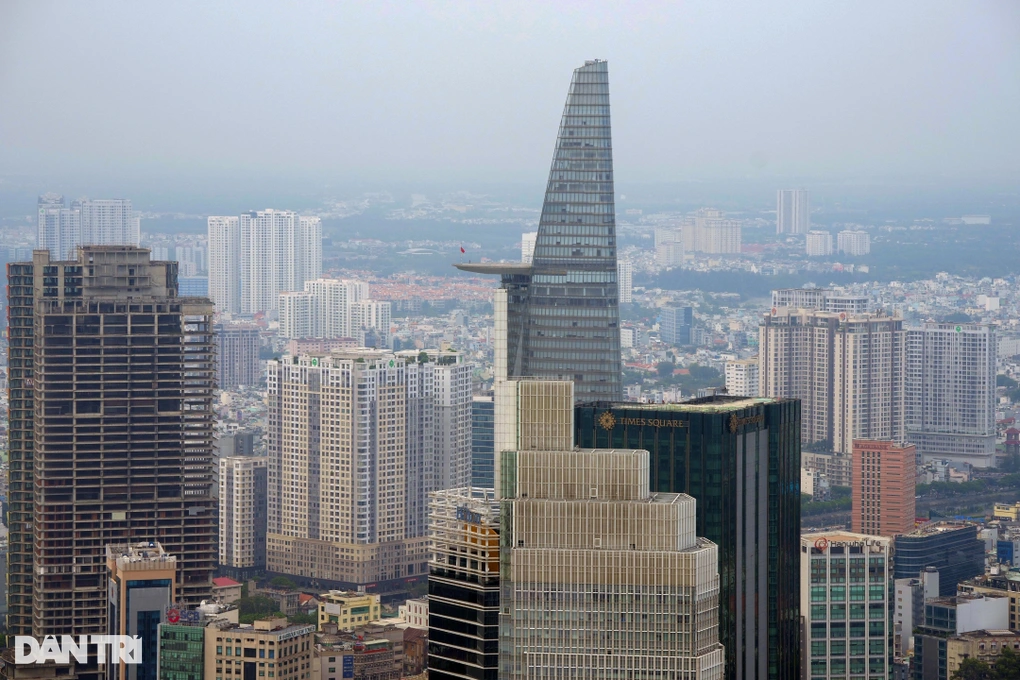

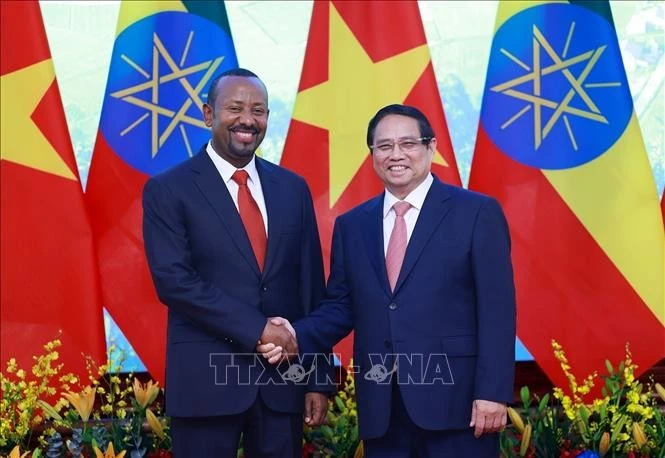















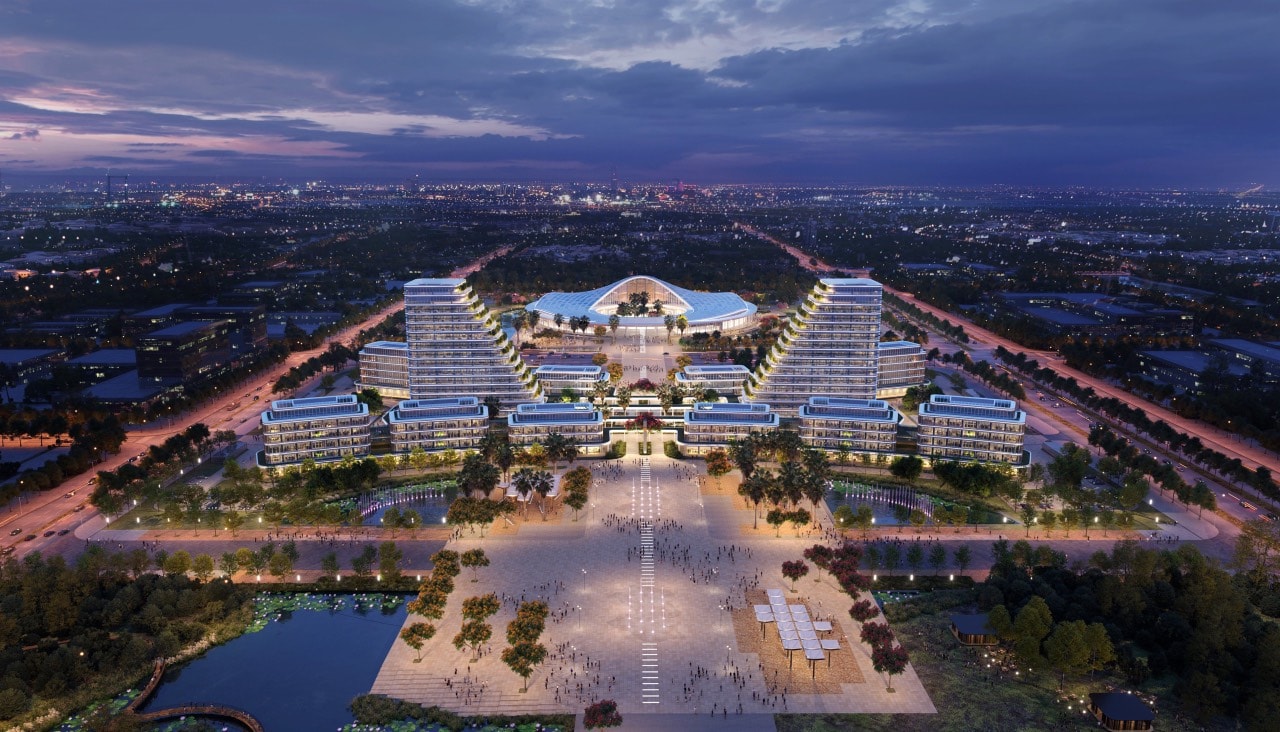

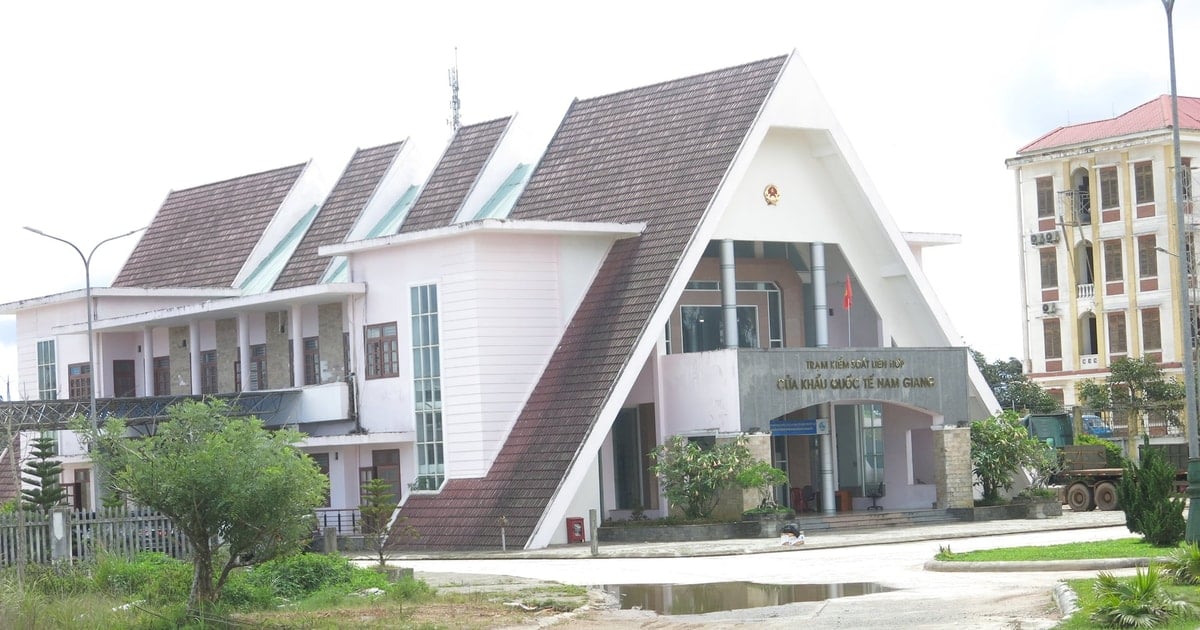


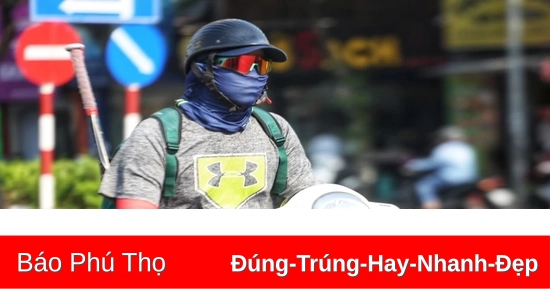

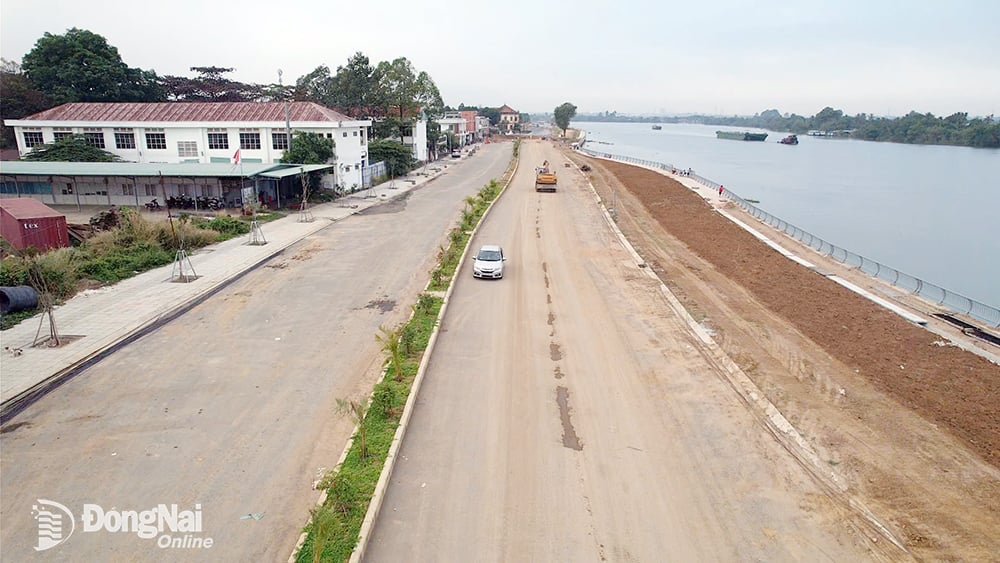











Comment (0)